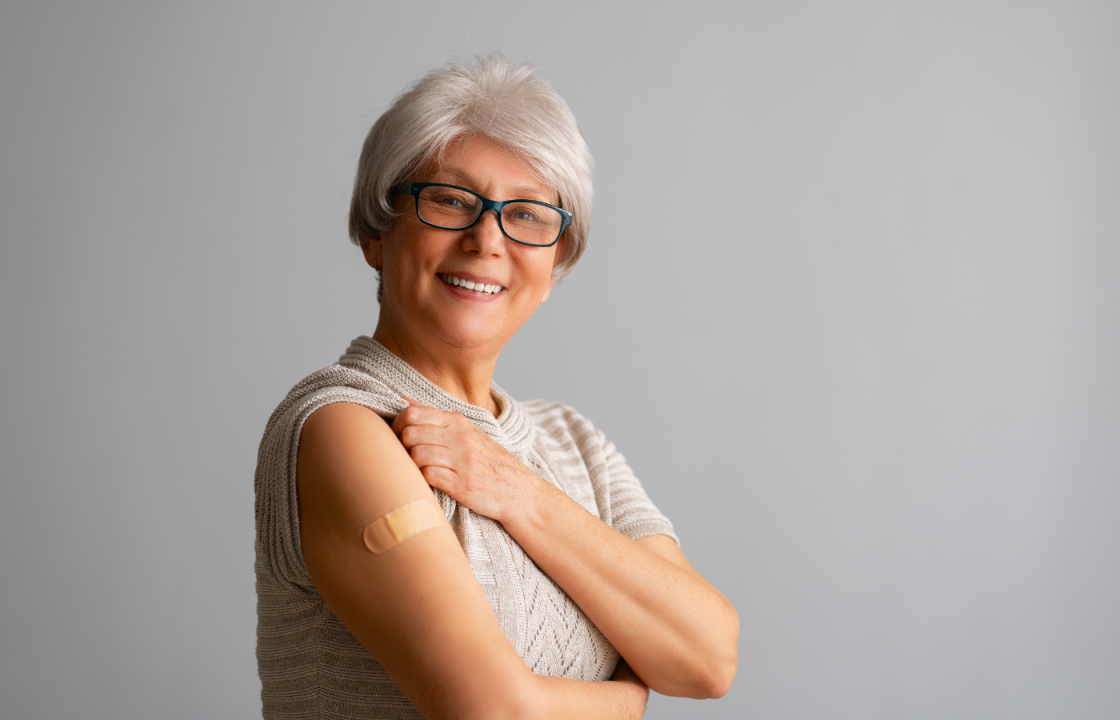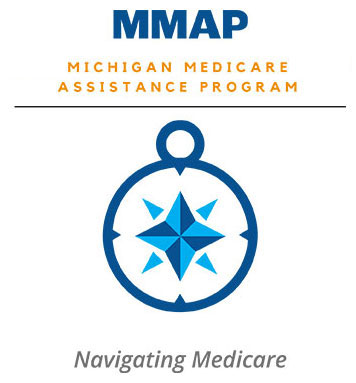Sep 24, 2021
5 min read
Senior Director of NCOA’s Center for Healthy Aging
Key Takeaways
- The CDC now recommends a booster shot of the Pfizer-BioNTech COVID-19 vaccine in certain populations, including persons 65 and older and those in high risk jobs and institutional settings, such as hospitals and nursing homes.
- These new recommendations apply only to those who had previously received the Pfizer-BioNTech COVID-19 vaccine.
- Previously, COVD-19 booster shots of Pfizer-BioNTech and Moderna vaccines had been authorized for certain people who have moderately or severely weakened immune systems, also known as being immunocompromised.
The Director of the Centers for Disease Control and Prevention (CDC) has endorsed the CDC Advisory Committee on Immunization Practices’ recommendation for a booster shot of the Pfizer-BioNTech COVID-19 vaccine in certain populations, including older adults and those in high risk jobs and institutional settings. This is an important step forward as our country tries to stay ahead of the coronavirus, including the Delta variant, and keep older Americans and other high risk groups safe by increasing their protection.
The CDC now recommends COVID-19 booster shots for:
- People 65 years and older and residents in long-term care settings should receive a booster shot of Pfizer-BioNTech’s COVID-19 vaccine at least 6 months after their Pfizer-BioNTech primary series,
- People aged 50–64 years with underlying medical conditions (diabetes, heart disease, obesity and others) should receive a booster shot of Pfizer-BioNTech’s COVID-19 vaccine at least 6 months after their Pfizer-BioNTech primary series,
- People aged 18–49 years with underlying medical conditions may receive a booster shot of Pfizer-BioNTech’s COVID-19 vaccine at least 6 months after their Pfizer-BioNTech primary series, based on their individual benefits and risks, and
- People aged 18-64 years who are at increased risk for COVID-19 exposure and transmission because of occupational or institutional setting may receive a booster shot of Pfizer-BioNTech’s COVID-19 vaccine at least 6 months after their Pfizer-BioNTech primary series, based on their individual benefits and risks.
Many people who are now eligible to receive a COVID-19 booster shot received their initial vaccine early in the vaccination program and will benefit from additional protection. With the highly contagious Delta variant circulating and cases of COVID-19 increasing across many part of the U.S., a booster shot will help strengthen protection against severe disease in those populations who are at high-risk for exposure to COVID-19 or the complications from severe disease.
The CDC will continue to monitor the safety and effectiveness of COVID-19 vaccines to ensure appropriate recommendations to keep all Americans safe. It is expected that the CDC will make additional recommendations for other populations or people who got the Moderna or Johnson & Johnson vaccines. As of right now, these booster recommendations apply only to those who received the Pfizer-BioNTech vaccine initially, not those who received the Moderna and Johnson & Johnson COVID-19 vaccines.
When can I get my COVID-19 booster dose?
If you fall into one of the categories above and it has been six months or more since your last Pfizer-BioNTech dose, you can receive your booster dose from your pharmacy, physician’s office, or vaccine clinic, such as those at local health departments. If you received the Moderna and Johnson & Johnson COVID-19 vaccines initially, you will have to wait to receive your booster unless you are immunocompromised (see below).
I am immunocompromised? What about me?
In mid-August, the U.S. Food and Drug Administration (FDA) recommended and the Centers for Disease Control and Prevention (CDC) authorized the use of an additional dose or booster of the mRNA COVID-19 vaccines made by Pfizer and Moderna for individuals with certain conditions that weaken or compromise their immune systems. The reason that this booster dose is needed is that these individuals do not get enough protection against COVID-19 from the recommended two doses of the vaccines.
Recent research shows that up to one-half of immunocompromised people who didn’t develop antibodies or immune protection after two doses do get some level of protection after a third dose.
However, the FDA stressed that even after a third dose, people who are immunocompromised will still need to wear masks indoors, stay six feet apart from others, and avoid crowds. Also family members and other close contacts should be fully vaccinated to protect these persons.
This new authorization does not apply to the one dose Johnson & Johnson COVID-19 vaccine, which has been used less frequently in the U.S. The FDA is still exploring updating its authorization about the Johnson & Johnson to determine if boosters will be necessary for immunocompromised individuals.
People who qualify to receive the COVID-19 vaccine booster dose because they are immunocompromised are the following:
- Those who have had organ or stem cell transplants, such as kidney or liver transplants, and take immunosuppressant treatments so that their bodies do not reject the transplants or cells
- People receiving treatment for blood cancers
- Those with rare genetic disorders that cause their immune systems from working properly
- Individuals with advanced or untreated HIV
- People on dialysis
- Those with certain chronic medical conditions such as chronic kidney disease and asplenia (living without a spleen)
- Individuals taking high dose corticosteroids, chemotherapy (drugs used to treat cancer), and medications that suppress the immune system
These groups all have or are at risk for weakened immune systems and therefore need the added dose, especially in light of the more contagious Delta variant that is spreading across the U.S. Approximately 7 million adults fall into one or more categories above and are at higher risk of breakthrough infections, being hospitalized or dying if they get COVID-19. They are also more likely to transit the infection to others.
At this time, the new authorization for a third or booster dose is not intended for people whose immune system has decreased with age such as what happens with many other adults, especially those in nursing homes, or for people with chronic diseases such as diabetes.
When can persons who are immunocompromised get the COVID booster shot?
The third dose can be given 28 days or more after the second vaccine shot. For people who received either Pfizer or Moderna’s mRNA COVID-19 vaccine, a third dose of the same vaccine should be used. If the mRNA vaccine given for the first two doses is not available or is unknown, either mRNA COVID-19 vaccine product may be administered. A person should not receive more than three mRNA vaccine doses. COVID-19 booster shots for persons who are immunocompromised are currently available from doctors’ offices, pharmacies and local health departments.
What are the requirements for getting a COVID booster shot?
As of right now, an honor type system will be used for those who meet the categories listed above. No prescription or other kinds of documentation from doctors showing you have are immunocompromised will be required for people to get the third shot of the Pfizer or Moderna vaccine. If you meet one of the categories above, you should bring your COVID-19 Vaccination Record Card with you when requesting the vaccine at a pharmacy, clinic, or other vaccination site. This is the card you received when you got your first shot and indicates the type of vaccine you received and dates of the first and second shots.
If you are uncertain if you are eligible for a COVID-19 booster vaccine, check with your primary care physician or other doctor if you are being treated for cancer or other conditions that compromise your immune system.
Will COVID booster shots be widely available for other persons?
The CDC is also weighing the scientific evidence on the use of boosters or a third shot for people whose immunity might have decreased since they received their second dose of Pfizer or Moderna vaccine or one dose of the Johnson & Johnson vaccine. Older adults are of particular concern because 74% of breakthrough COVID-19 cases are among those 65 and over. Breakthrough cases are expected because no vaccines are 100% effective at preventing illness in vaccinated people. The boosters may provide added protection for those at greatest risk for breakthrough severe infections, hospitalizations and death.
Additional information about the COVID-19 booster shots can be found on the CDC’s website.

